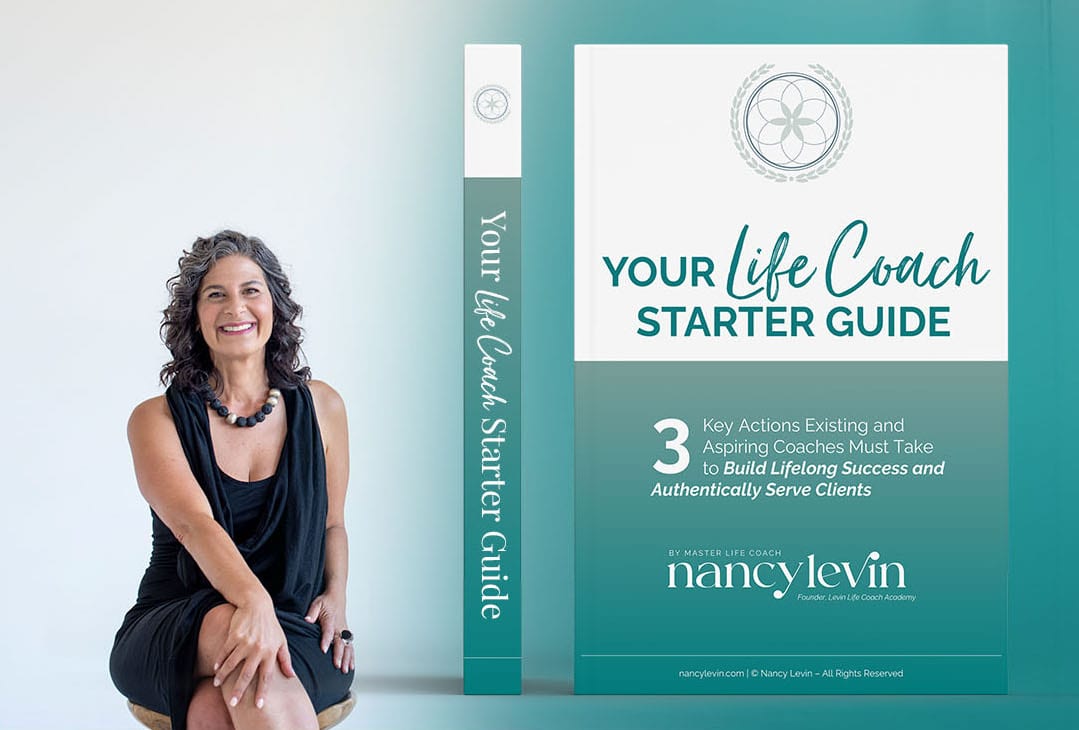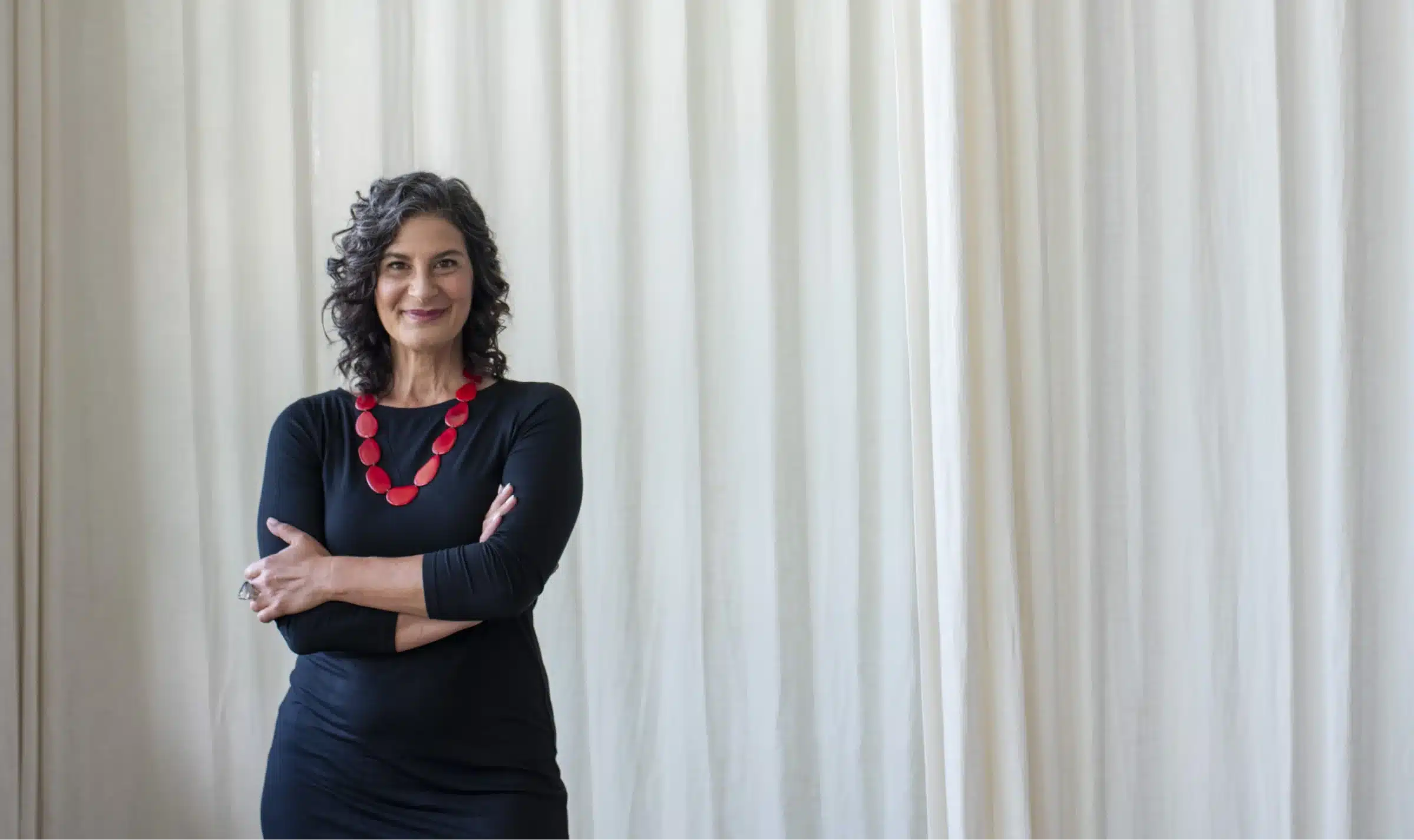Shame is a powerful, destructive emotion. Shame drove me to keep secrets from those closest to me, because I was afraid they would discover the truth about me. And that when they did, they would be so horrified that they’d never want to speak to me again and I would be abandoned.
Yet, what I’ve learned is that we all think we need to hide something, or some part of ourselves, in order to be loved and accepted. But the truth is that in order to be loved for all of who we are, we need to reveal and express the truth of who we are.
And it begins with telling the truth to ourselves.
I’m sure you’ve heard the saying, “Wherever you go, there you are.” Exactly! We can’t escape ourselves, no matter how hard we might try. So instead of obsessing about the past – allowing shame and blame to rule our lives and our relationships – we need to take responsibility and make choices that serve us instead of sabotage us.
Blaming ourselves is another way we take on that “superhero” persona I wrote about last week. We are SO powerful, we’re to blame for EVERYTHING! When we see it in that light, it seems almost ridiculous… yet self-blame is far from funny.
Many who live with addiction and/or obsessive compulsive disorders cite a cycle of shame as one of the painful emotions that seems inescapable.
I was bulimic because I was desperate to be able to control something, anything.
I was a workaholic because I was trying to live up to the person I thought I “should” be: the perfect Superwoman who could fix anything, juggle everything, and never let a ball drop. And every time I failed, I was wracked with shame, blame, and guilt.
I allowed my true self to be suffocated in an unhappy marriage, while hiding and escaping in my work so I wouldn’t have to deal with or feel what I didn’t want to. Instead, I was chasing validation and value. These are just a few of the ways I sabotaged myself for years.
For a long time, it was more important to me that I project a picture-perfect life so that I could control the image the outside world had of me. I didn’t want to admit that the image was false.
Underneath, I knew I wasn’t really happy and I drew a conclusion that happiness, fun and play must just be for other people. It took years for me to admit to myself what I already knew.
When we don’t tell the tuth to ourselves, it’s an act of self-betrayal, first and foremost – and then the truth comes out sideways.
When our shame is activated, we may begin to shut down while also be other-referenced – expecting rejection, judgment and shaming to come at us from the outside – yet the truth is that no one will ever judge us as harshly as we judge ourselves.
Can you love yourself enough to stop seeking punishment? Shame is cut off at the knees by love.
Is there an area of your life where you’re stuck in a painful pattern of self-blame and self-sabotage? I’d love to support you…share your story on Facebook.








